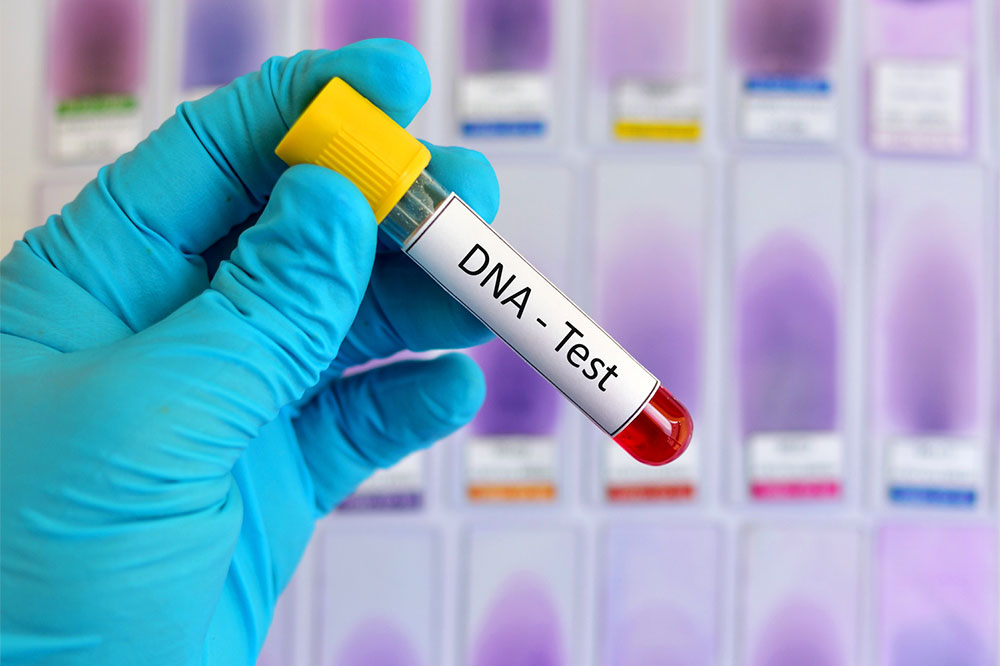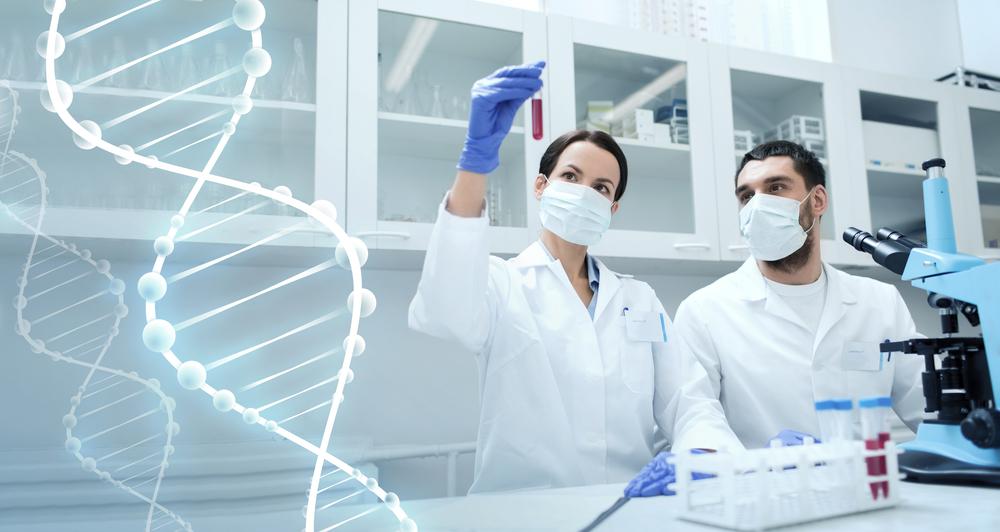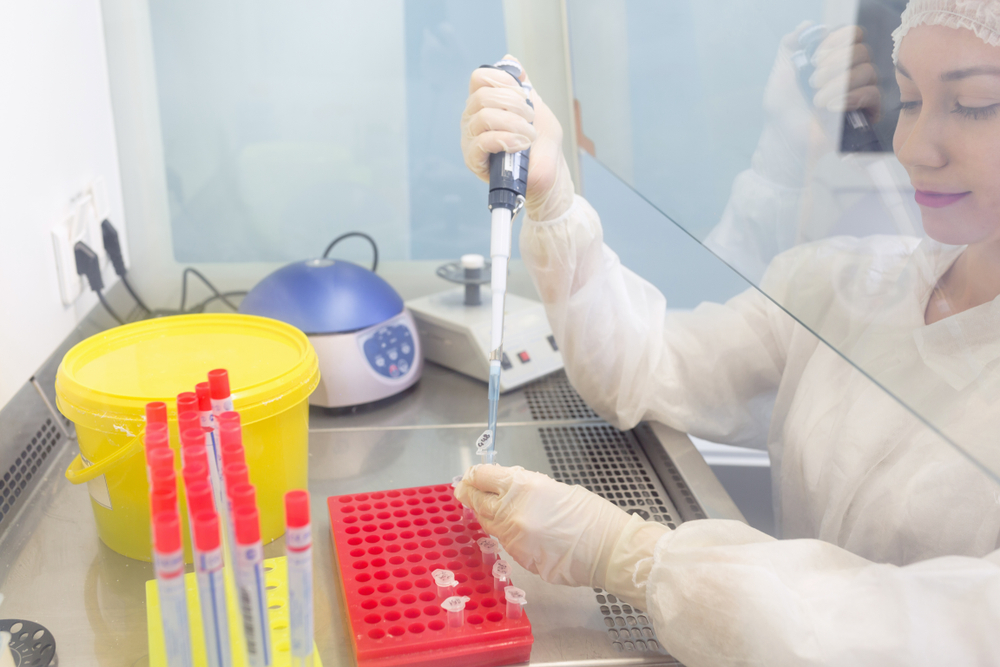Comprehensive Overview of DNA Analysis: Techniques, Procedures, and Practical Uses
DNA analysis is a vital tool in modern medicine, law enforcement, and research, offering insights into genetic health, disease risk, and identity verification. This comprehensive guide explores the types, processes, and diverse applications of DNA testing, emphasizing its importance for personalized medicine and forensic investigations. Learn how different testing methods work, what to expect during procedures, and how DNA analysis impacts various fields worldwide. As technology advances, DNA analysis continues to revolutionize our understanding of genetics, enabling better health outcomes and justice solutions in today's evolving society.

Comprehensive Overview of DNA Analysis: Techniques, Procedures, and Practical Uses
DNA analysis plays a fundamental role in modern science and medicine by providing insights into an individual's genetic blueprint. Your DNA, inherited from your parents, comprises a complex arrangement of genes, chromosomes, and proteins that collectively hold critical information about your health, hereditary traits, and biological identity. Despite its minuscule size, DNA contains vast amounts of information, making it an invaluable tool for various applications.
While frequent references to DNA analysis involve establishing paternity, its scope extends beyond familial relationships. The method's capabilities encompass a wide array of uses in medicine, law, research, and technology. Understanding the different types, procedures, and applications of DNA analysis is essential for appreciating its significance in today's interconnected world.
Genetic testing, also known as DNA analysis, involves examining cells to detect alterations or mutations in genes, chromosomes, or proteins. This process can reveal genetic disorders, susceptibilities to certain diseases, or predispositions to health conditions. It is a powerful diagnostic tool that enables healthcare providers to develop personalized treatment plans, predict disease risk, and offer preventive care. However, it is important to recognize that DNA analysis is a voluntary procedure, requiring informed consent and careful consideration of ethical, emotional, and social factors involved.
Types of DNA Testing
Choosing the appropriate DNA test depends largely on the purpose of the analysis. Healthcare professionals typically select tests based on clinical needs, suspected conditions, or research goals. Broadly, DNA testing can be categorized into various types, each serving different functions:
Gene Expression Analysis: This test assesses which genes are active or inactive within cells. By measuring messenger RNA (mRNA) levels, this analysis helps identify abnormalities and irregular gene activity associated with cancers, metabolic disorders, or other diseases.
Chromosomal Analysis: This type investigates large-scale genetic alterations at the chromosome level, such as deletions, duplications, translocations, or aneuploidies. Such changes are often linked to genetic syndromes like Down syndrome, Turner syndrome, or other chromosomal abnormalities.
Biochemical Testing: Instead of analyzing DNA directly, this method measures the levels and activities of proteins and enzymes produced by genes. It uncovers functional abnormalities in cellular processes and can diagnose specific metabolic or enzymatic disorders.
Molecular Testing: This involves examining specific DNA sequences to identify mutations or variants. Techniques include DNA sequencing, targeted mutation detection, gene panels, and whole-genome sequencing, providing detailed genetic information for diagnostics or research.
How is DNA Analysis Carried Out?
The process begins following genetic counseling, where individuals discuss the implications, benefits, and risks of testing with healthcare professionals. Sample collection typically involves non-invasive methods such as blood draws, saliva or cheek swabs, hair follicles, or skin biopsies. Among these, cheek swabbing is common due to its simplicity and ease of collection.
The collected biological samples are sent to specialized laboratories for detailed analysis. In labs, scientists extract DNA from the cells and perform various tests depending on the purpose—such as sequencing or chromosomal assessments. The results are then compiled into comprehensive reports interpreted by medical professionals, including genetic counselors, who help patients understand the findings.
It is important to emphasize the importance of informed consent prior to testing. Patients should fully understand potential outcomes, including incidental findings and implications for family members. For convenience, individuals can also access direct-to-consumer genetic testing services, receiving results directly from testing companies without medical intervention or referrals.
Practical Applications of DNA Analysis
DNA analysis has a wide range of practical applications across various fields. It plays a crucial role in early diagnosis, personalized medicine, forensic investigations, and reproductive health. Below are some key areas where DNA testing is particularly impactful:
Medical Diagnosis: Detection of genetic disorders in newborns through newborn screening programs allows for early intervention. It also aids in diagnosing hereditary diseases, cancer types, and metabolic conditions, guiding targeted treatments and management strategies.
Personalized Medicine: Genomic information enables clinicians to tailor treatments based on individual genetic profiles, improving efficacy and reducing adverse effects. This is especially prominent in oncology, where tumor genetics influence therapy choices.
Forensic and Legal Use: DNA profiling has become an essential tool in criminal investigations, paternity testing, and establishing familial relationships. It provides a high degree of accuracy in identifying suspects and verifying identities in legal proceedings.
Reproductive Health: Preconception carrier screening, prenatal testing, and assisted reproductive technologies utilize DNA analysis to assess risks of inherited conditions, enabling informed family planning decisions.
Research and Innovation: Advances in DNA technologies continuously expand our understanding of genetics, leading to innovative treatments and discoveries in biology and medicine.
As research progresses, the significance of DNA analysis continues to grow, emphasizing its role in advancing healthcare, justice, and scientific knowledge. With increasing accessibility, ethical considerations, and technological innovations, DNA analysis remains at the forefront of modern science.
Finally, understanding the nuances and capabilities of DNA analysis allows for better decision-making in health, law enforcement, and research efforts, ultimately contributing to human well-being and societal progress.




